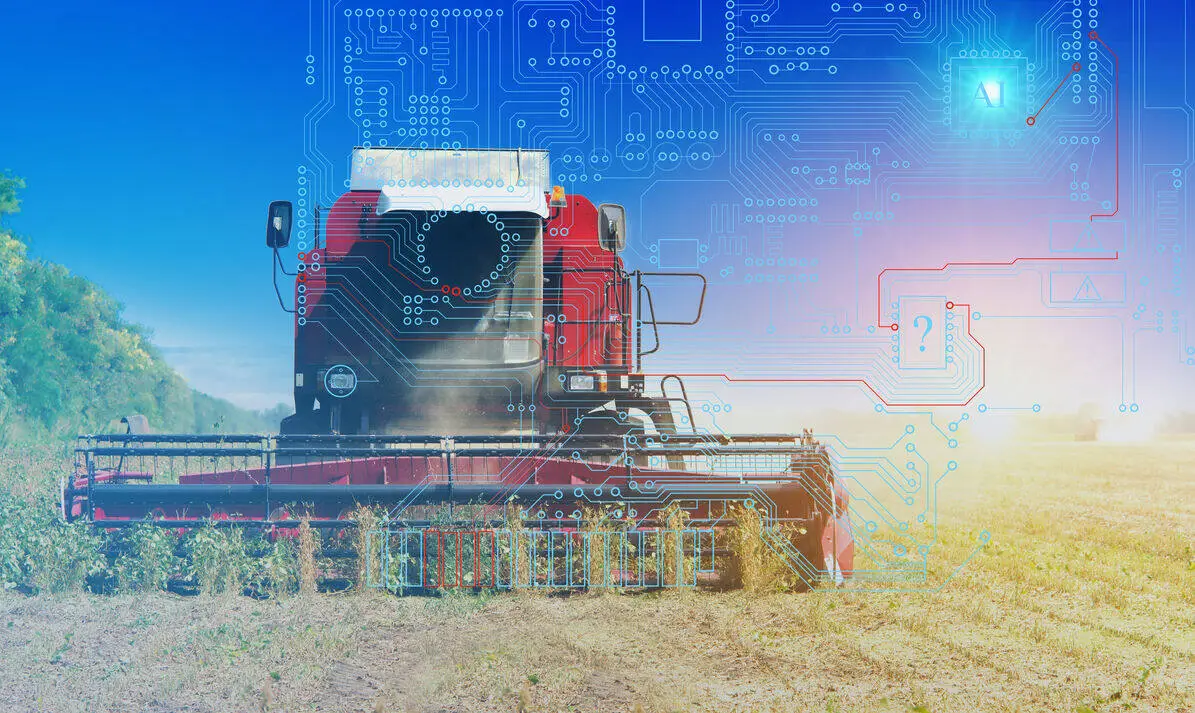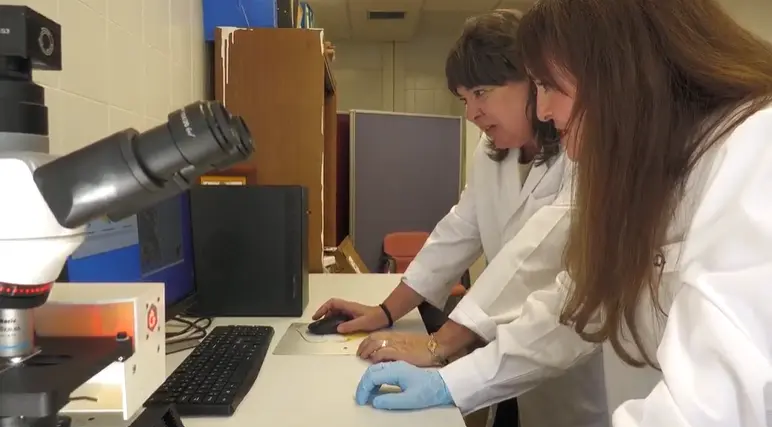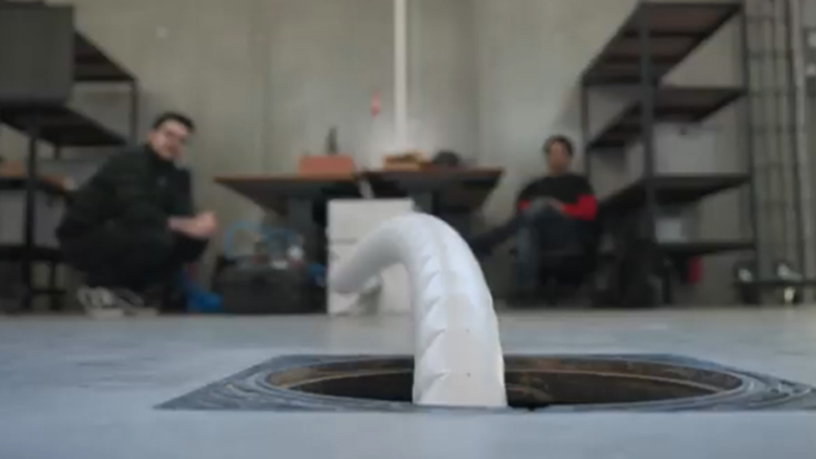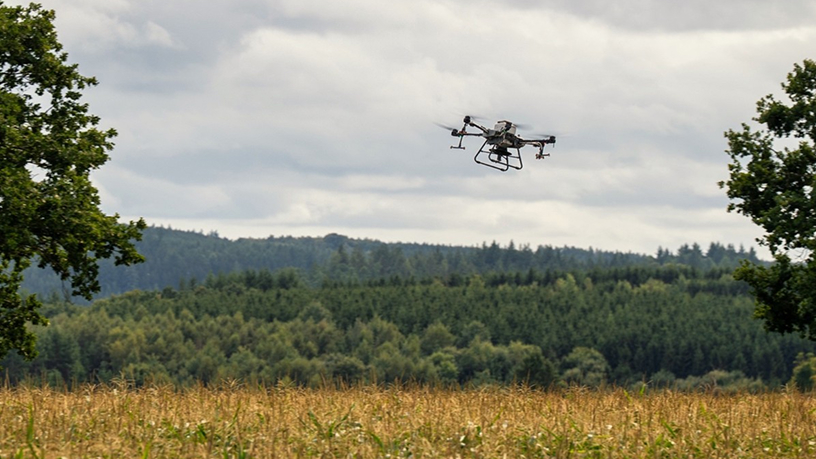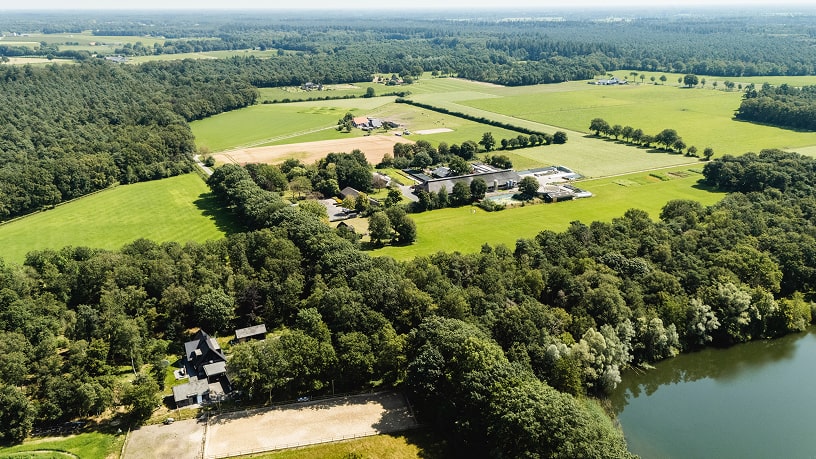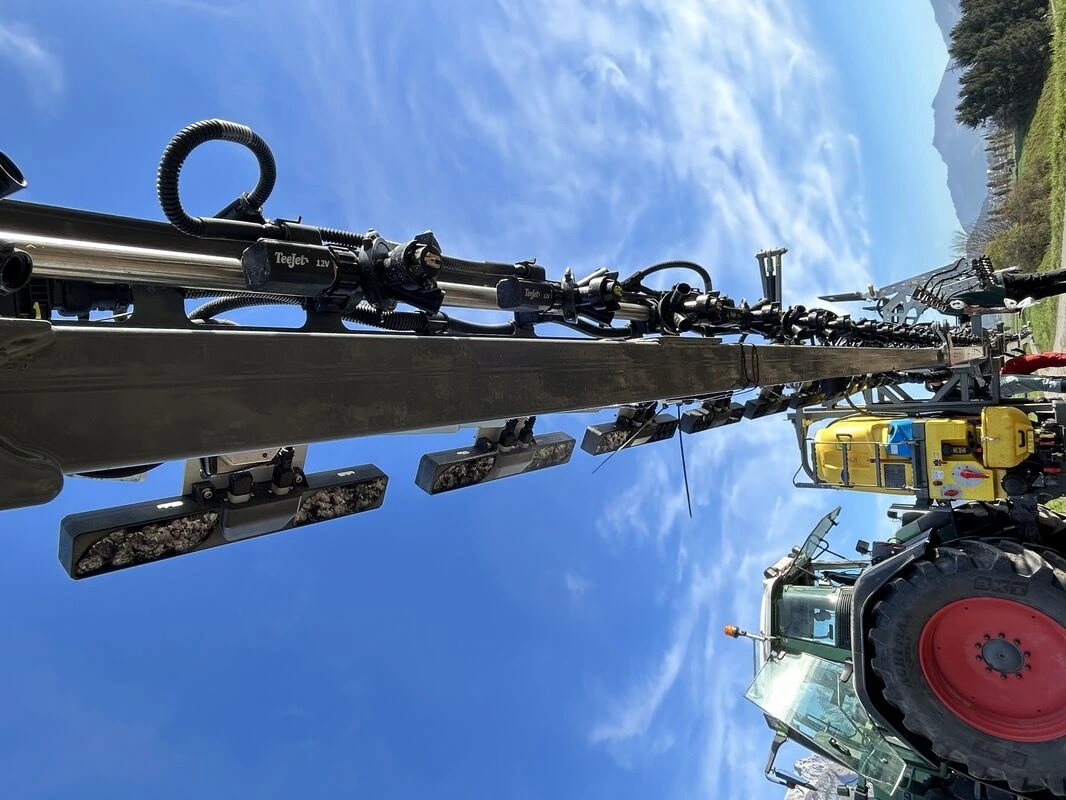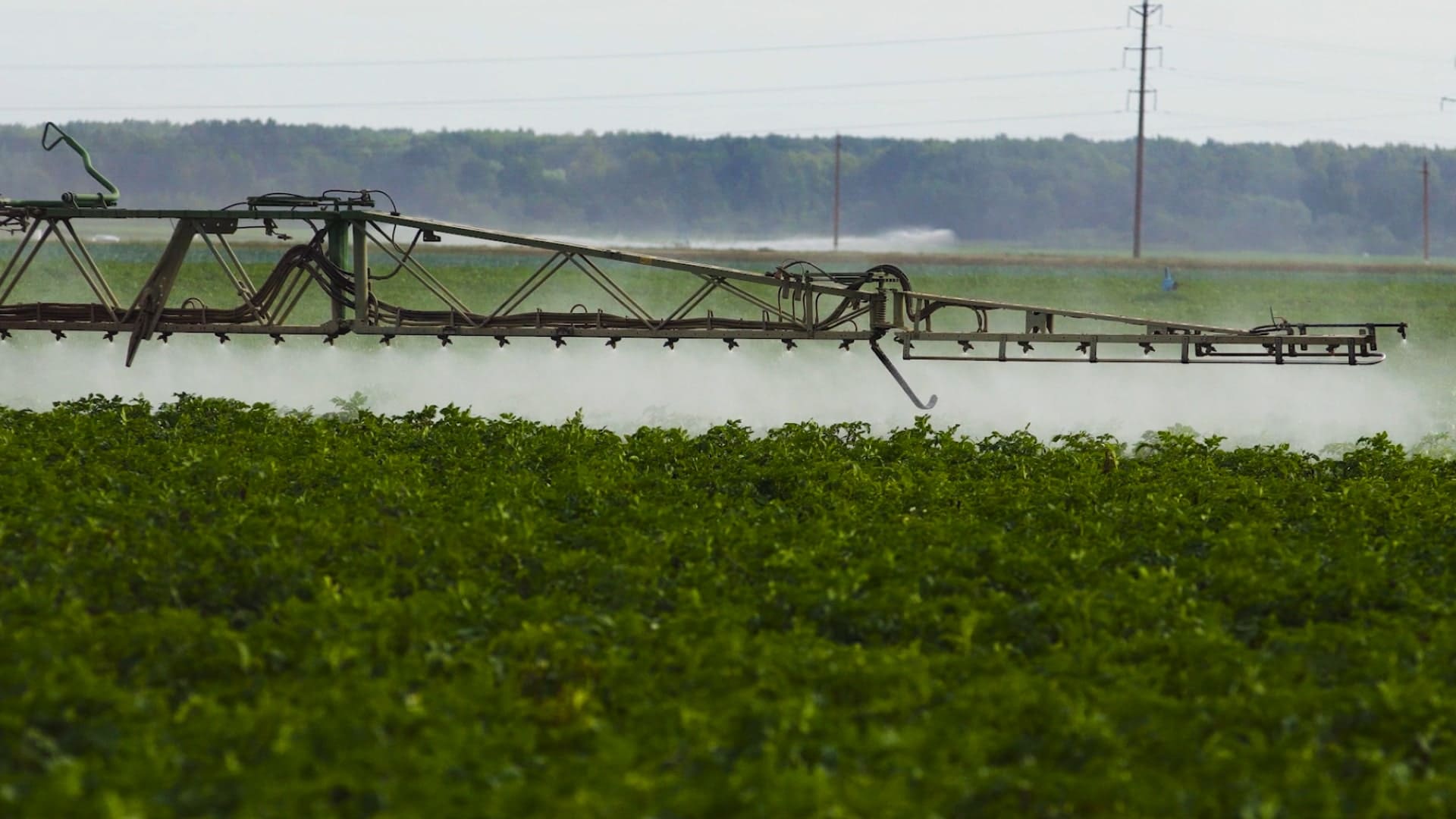Overview
This service evaluates the accuracy and effectiveness of AI-driven weed detection systems, ensuring their accuracy in real agricultural conditions. By combining field trials (both in experimental and real-farm fields), drone-based imaging, and ground truth validation, the service assesses the system’s ability to detect weeds with high precision, minimising false positives (incorrect weed detection) and false negatives (missed weeds). The service also validates the system's adaptability to different environmental conditions, such as varying soil types, weather, and crop growth stages, and it is applicable to herbaceous and arable crops, offering valuable insights for improving targeted weed control and reducing unnecessary herbicide use.
More about the service
How can the service help you?
How the service will be delivered
Service customisation
- Universitat de Lleida (UdL) | Website
